ClinicNotes: November 2024
welcome to ClinicNotes - a newsletter designed for practitioners working to help their clients recover from eating disorders and disordered eating. This is my public journal, where I share the latest research, tools, training, and anything else useful to practitioners working with eating difficulties.
striving for the perfect diet - the role of perfectionism in OCD and orthorexia.
Orthorexia Nervosa (ON) is a disordered eating style involving an obsession with extreme ‘healthy’ eating, causing the person distress and impairment. People with ON are more likely to have symptoms of OCD. There is also evidence that perfectionism (e.g. having very high personal standards) plays an important role in both ON and OCD.
The study of 507 participants found that perfectionism was linked to obsessive-compulsive symptoms. However, striving for very high achievement specifically explained the link between orthorexic and obsessive-compulsive symptoms.
These findings suggest that treatment focusing on achievement striving might be particularly useful for people with ON, and for those who have both orthorexic and obsessive-compulsive symptoms.
So… using interventions to tackle perfectionism with clients with OCD and/or orthorexia may be a valuable intervention in their recovery toolkit. Interventions that review rigid beliefs, promote self-compassion and endorse ‘progress not perfection’ are helpful here.
evidence-based eating disorder app - Recovery Record
Health psychology tells us that food monitoring is one of the best techniques to encourage clients to change their health behaviours. In my opinion, the eating disorder app - Recovery Record - is the best of its kind. We have been using it in The Eating Clinic for several years with all of our clients and get great results. And it replaces more traditional food diaries.
Clients can link to you and others in their recovery team - so you can see at the touch of a button their food, mood, and patterns of behaviour. It also helps track their symptoms and provides science-based coping strategies.
having an eating disorder is like…riding a bike up a mountain
Anyone who knows me will tell you I LOVE METAPHORS and ANALOGUES. I share these with my clients on a very regular basis - and to be totally honest, some of them hit the mark and some of them crash and burn!
Here is one that is pretty universally liked:
Having an eating disorder is like riding a bike up a mountain. Sometimes the terrain is easy going and you feel like you're smashing it! And then sometimes, things feel so steep its impossible to make much progress despite putting in loads of sweat, tears and effort!
And sometimes you might even fall off the bike - crashing because of a rock on the path or from a branch smacking you in the face.
Now, all-or-nothing thinking might make a client feel like they've “blown it” or “what is the point.” But the important thing to share is that crashing the bike does not mean they've rolled back to the start of the mountain! And instead, the ‘crash’ gives them and us valuable insight and learnings into what they can do differently next time.
Remember, when clients struggle with progress, that's when it's great that they have you as their practitioner!
one day online course on ARFID, PDA & PICA
NEDDE are a specialist training provider in neurodivergence and eating disorders. Excitingly, they are offering a one-day online training on 1st November 2024.
Gain a thorough understanding of Pathological Demand Avoidance (PDA), Avoidant/Restrictive Food Intake Disorder (ARFID), and Pica Disorder in this one-day intensive training. Led by renowned experts, Tigger Pritchard and Penelope Chapman, this course provides valuable insights and practical strategies for professionals and individuals looking to enhance their knowledge.









